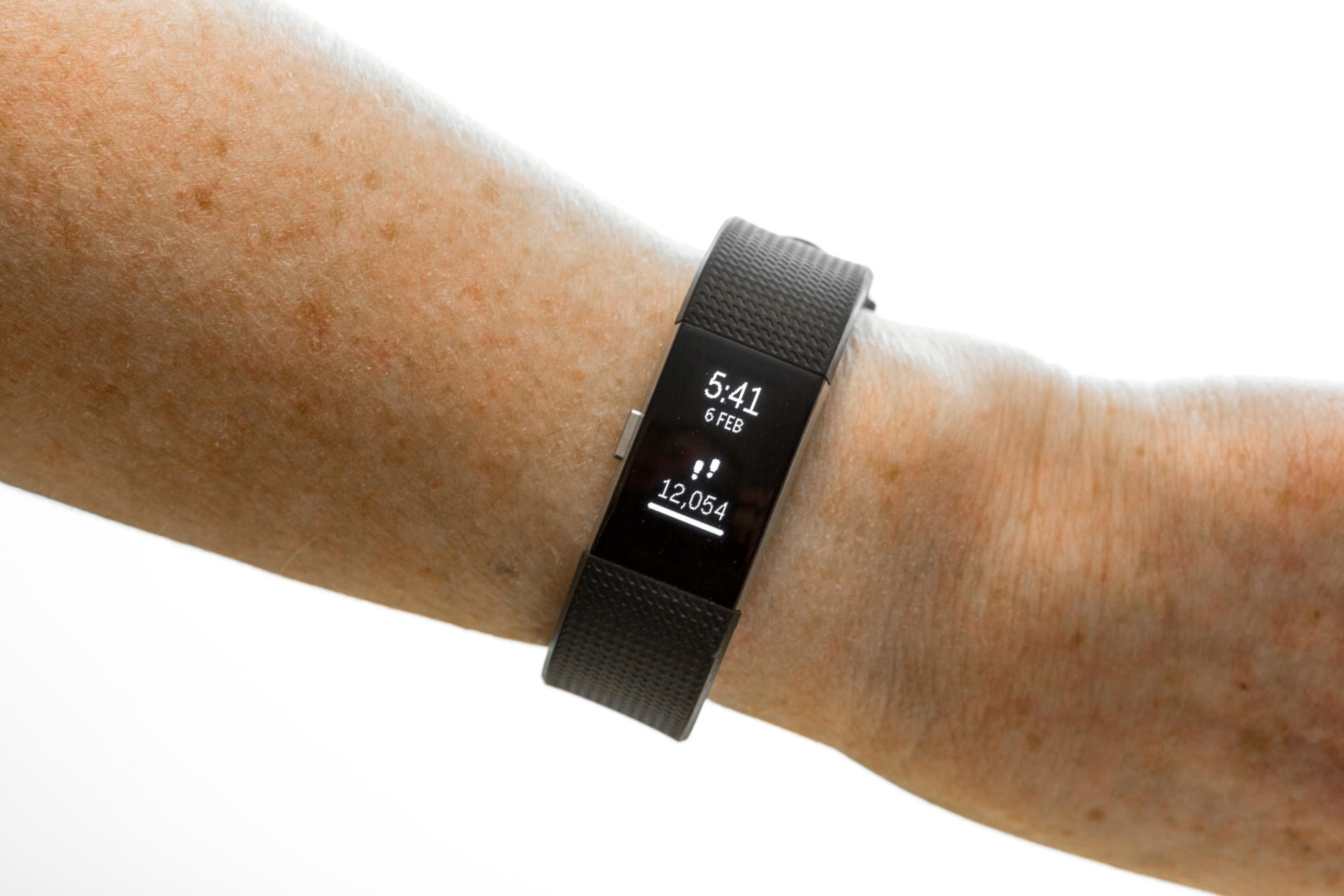While most fitness apps and trackers tell you walk 10,000 steps a day, 4,000 steps are all you really need.
That’s according to Trinity Professor Luke O’Neill, who said a recent study shows 4,000 steps can reduce the risk of death “from any cause”.
“It's a very robust study looking at lots of different numbers of people and numbers of studies combined,” he told The Pat Kenny Show.
“For heart disease, it’s even less, actually,” he said.
“2,037 steps a day will decrease your risk of heart disease, and that's the number you have to aim for.”
The minimum recommended steps vary slightly across age, according to Prof O’Neill.
“If you're over 60, you need to talk a bit more – between 6,000 to 10,000,” he said.
“Younger people need to walk a bit more too, but if you're between the age of 20 and 60, the number is 4,000.”
 Fitness tracker with over 10,000 steps. Image: Graham Turner / Alamy Stock Photo
Fitness tracker with over 10,000 steps. Image: Graham Turner / Alamy Stock PhotoWhile 10,000 steps a day do go well and beyond what’s good for your health, Prof O’Neill said there’s no reason you shouldn’t walk that much anyway.
“For every extra 1,000 steps you take, there's a 15% further reduction in risk from death,” he said.
“An extra 500 steps a day a 7% decreased risk added on from heart disease... even a 10-minute walk brings benefits.”
“That makes me wonder if you never stop walking will you ever die?"
Walking during COVID
One odd observation Prof O’Neill found was the amount people walk reduced during the COVID-19 pandemic.
“A US-based study followed 5,500 people,” he explained. “It tracked them before and during the pandemic and there was 600 less steps per day on average.
“It’s interesting because we talked about this excess death rate in the pandemic – an extra number of people who otherwise would not have died.
“Maybe a factor here was less exercise might feed into that excess.”
 Female hiker checking fitness tracker. Image: Igor Stevanovic / Alamy Stock Photo
Female hiker checking fitness tracker. Image: Igor Stevanovic / Alamy Stock PhotoProf O’Neill said many people in their 60s, people from working class backgrounds, and people with more psychological stress took less steps.
“They must have been stressed [during the pandemic] and weren’t taking their exercise,” he said.
The study also found walking overall is an extremely effective form of health treatment.
“Lifestyle can be as good as any pharmaceutical intervention,” Prof O’Neill said.
“There's a big rage now around drugs to decrease weight, but you just need to take more exercise – it's kind of obvious.”









